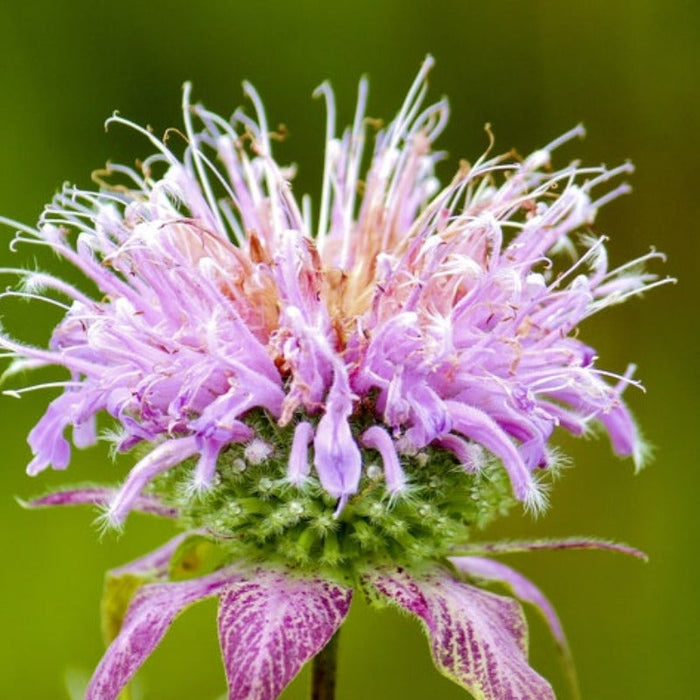
Wild Bergamot Heirloom Herb Seeds
Save 80%
Original price
$10.00
Original price
$10.00
-
Original price
$10.00
Original price
$10.00
Current price
$1.99
$1.99
-
$1.99
Current price
$1.99
Elevate your garden with the enchanting presence of Wild Bergamot Heirloom Herb Seeds, an heirloom perennial herb native to Missouri. Known for its showy lavender pompom blooms and citrus-mint fragrance, Wild Bergamot is not only a visual delight but also a magnet for pollinators. Easy to grow and maintain, this plant is for anyone looking to enhance their garden's natural beauty and biodiversity.
About Our Seeds:
- Non-GMO and Open-Pollinated: Ensures natural seed quality, preserving the plant's genetic heritage.
- Untreated: Free from chemicals, providing a safe and healthy start to your garden.
- Quality Assurance: Regular germination tests confirm our seeds meet high standards for growth success.
- Eco-Friendly Packaging: Our seeds are packed in resealable, recycled packets printed with vegetable-based inks, supporting our commitment to environmental sustainability.
Quantity:
- Approximately 0.25g, containing at least 650 seeds, ensuring a generous planting.
Included Growing Instructions: Detailed instructions are included with every packet, making planting and care straightforward for gardeners of all experience levels. Grow Wild Bergamot for a garden that thrives with life and color, offering a natural retreat and a source of herbal tea right in your backyard.




